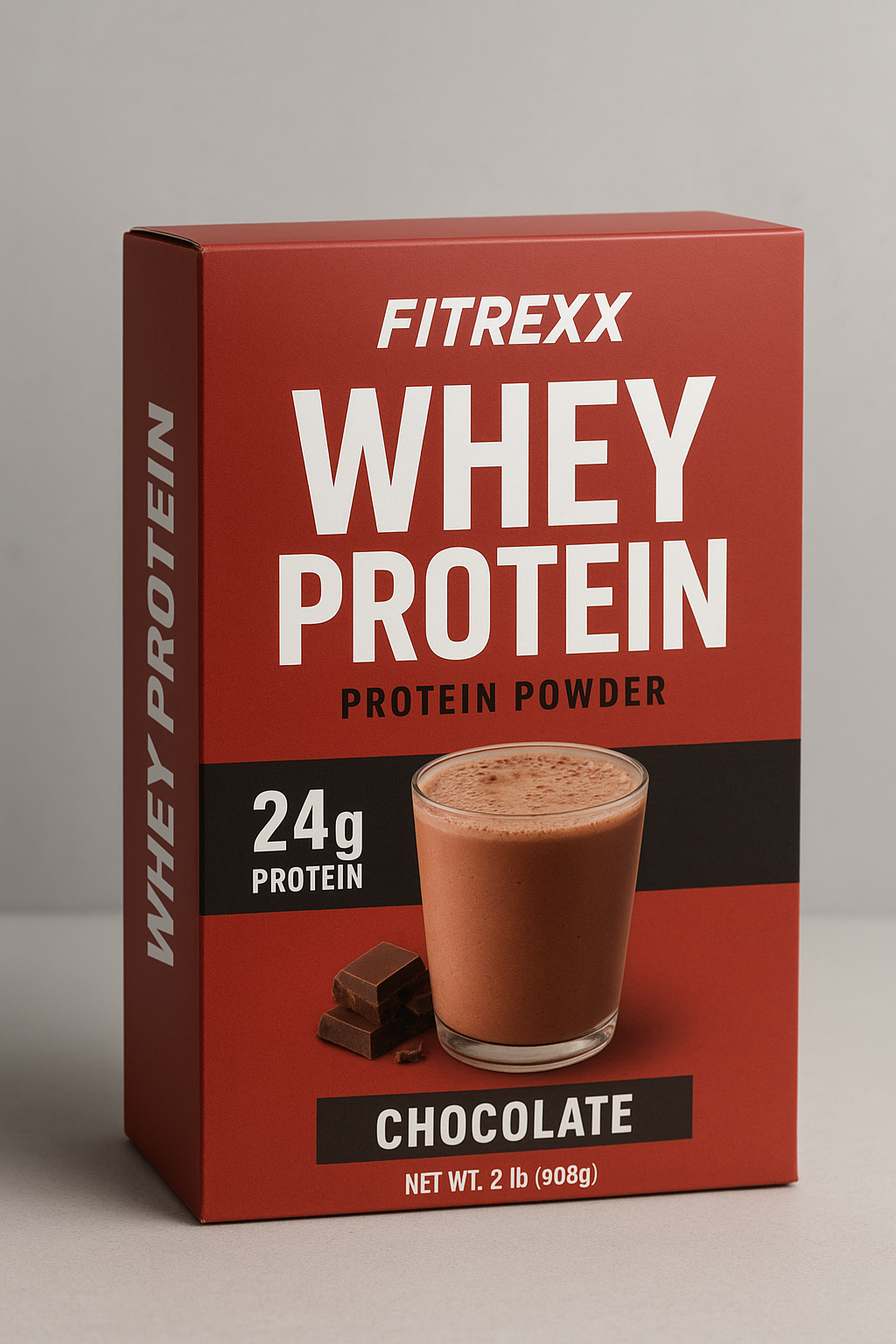
Table of Contents If you’re into fitness, bodybuilding, or just living a healthier lifestyle, you’ve probably heard about whey protein. But what exactly is it, and why is it so popular among athletes and health enthusiasts? In this guide, we’ll cover everything about whey protein—its benefits, types, nutritional value, and how to use it effectively. Whey protein is a high-quality protein derived from milk during the cheese-making process. Milk contains two main proteins: casein (about 80%) and whey (about 20%). Whey is the liquid portion that separates from the curds. It is then processed into powder form to create the popular supplement known as whey protein. What makes whey protein special is its excellent amino acid profile, fast absorption, and easy digestion. This is why athletes, gym-goers, and even people on weight loss journeys prefer it. When learning about whey protein, it’s important to understand its different types: Whey Protein Concentrate (WPC) – Contains 70–80% protein, with some carbs and fats. It’s affordable and good for beginners. Whey Protein Isolate (WPI) – Contains 90% or more protein, with minimal carbs and fats. Ideal for those who want high protein with fewer calories. Whey Protein Hydrolysate (WPH) – Pre-digested form for faster absorption. Often used in medical protein supplements or for people with sensitive digestion. Each type has its own benefits, but they all provide essential amino acids that support muscle growth and recovery. Another key point about whey protein is its nutritional value. On average, one scoop (30 grams) of whey protein powder provides: Protein: 24–27 grams Carbohydrates: 2–4 grams Fats: 1–2 grams Calories: 110–130 Whey protein is also rich in Branched-Chain Amino Acids (BCAAs), especially leucine, which is crucial for stimulating muscle protein synthesis. One of the most popular reasons people learn about whey protein is its role in muscle building. It provides all nine essential amino acids, making it a complete protein. Post-workout, whey protein helps repair muscle tissue and promotes growth. Whey protein helps increase satiety (feeling full), which can reduce overall calorie intake. It also helps maintain lean muscle mass while losing fat, making it a great addition to a weight-loss plan. After intense workouts, your muscles need quick nourishment. Since whey is absorbed rapidly, it helps reduce muscle soreness and speeds up recovery. Whey protein contains immunoglobulins and lactoferrin, which support immune health. This makes it more than just a muscle-building supplement. For people struggling to meet daily protein requirements, whey protein is a convenient way to add high-quality protein to their diet. If you’re just learning about whey protein, you might wonder how to take it. The most common way is mixing one scoop with water, milk, or smoothies. It can also be added to oats, pancakes, or baked goods for a protein boost. For muscle gain: Take it post-workout for maximum recovery. For weight loss: Use it as a meal replacement or between meals to control hunger. For overall health: Add it to your daily diet to meet protein needs. The ideal intake depends on your goals and activity level, but generally, 1–2 scoops per day is sufficient. While researching about whey protein, you may come across concerns about side effects. For most people, whey protein is safe. However, those who are lactose intolerant may experience bloating or stomach discomfort. Choosing whey protein isolate (low in lactose) or plant-based alternatives can help. It’s also important not to rely solely on supplements—balanced nutrition should come first. Whey protein is suitable for: Athletes and bodybuilders People trying to lose weight Individuals with busy lifestyles needing quick nutrition Older adults who want to prevent muscle loss However, people with kidney issues or severe lactose intolerance should consult a doctor before using it. When it comes to understanding about whey protein, it’s clear that this supplement offers multiple benefits—from muscle growth and fat loss to better recovery and overall health. It’s convenient, effective, and scientifically proven to support fitness goals. If you want to boost your nutrition, improve your performance, or simply stay healthy, whey protein can be a great addition to your daily routine. Follow us on: Instagram
About Whey Protein: Everything You Need to Know
Introduction
What is Whey Protein?
Types of Whey Protein
Nutritional Profile of Whey Protein
Benefits of Whey Protein
1. Supports Muscle Growth
2. Aids in Weight Management
3. Boosts Recovery
4. Strengthens Immunity
5. Improves Overall Nutrition
How to Use Whey Protein
Possible Side Effects of Whey Protein
Who Should Use Whey Protein?
Conclusion
